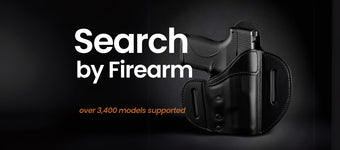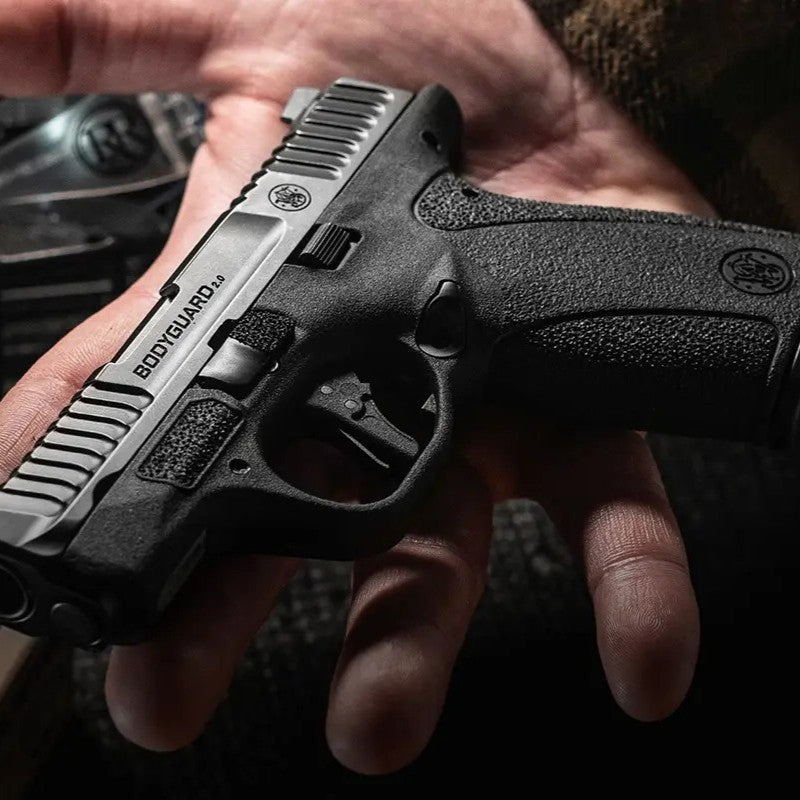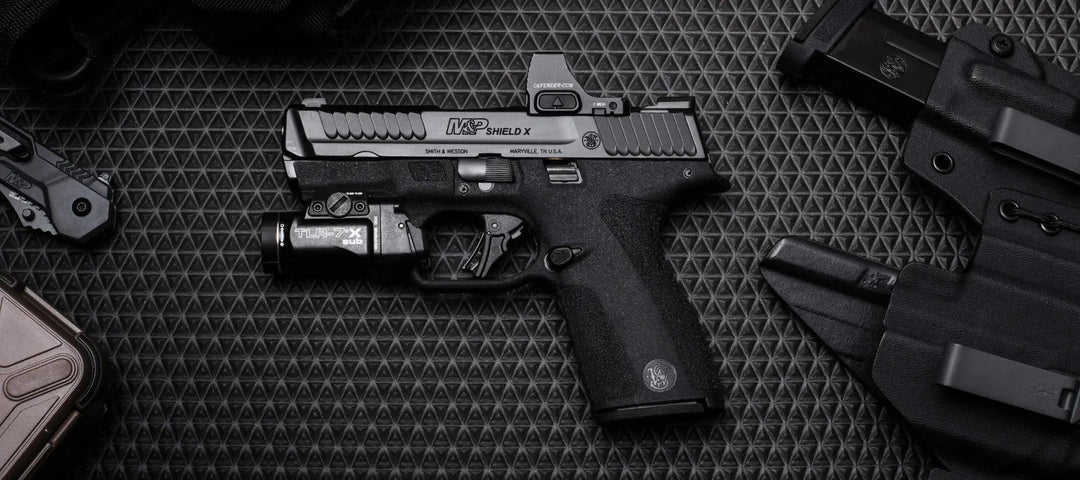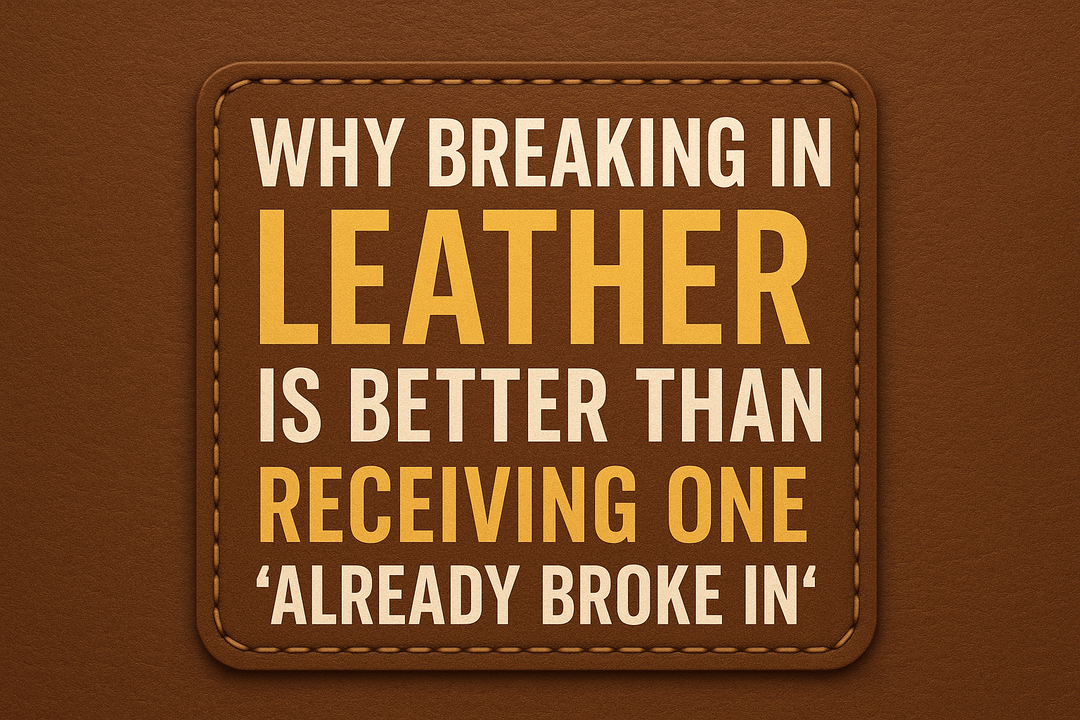Open Carry vs. Concealed Carry
TL;DR
How you choose to carry is up to you and depends on the laws where you live. There are different applications for both open and concealed carry. Proponents of open carry believe that the known presence of an armed citizen will reduce the likelihood of a crime ever taking place, while proponents of concealed carry believe that you become a target and lose the element of surprise. For more specific details regarding both schools of thought, read the full article below.
Open Carry vs. Concealed Carry: The Great Debate
Whether you're a first-time gun owner or a seasoned concealed carrier rethinking your setup, you've likely asked yourself: Should I open carry or concealed carry? This question taps into deeper considerations—tactical advantage, public perception, and how you exercise your Second Amendment rights and public carry freedoms. This comprehensive guide lays out the pros and cons of open carry, key concealed carry tips for beginners, and real-world advice for choosing the carry method that fits your lifestyle and priorities.
What’s the Core Difference Between Open and Concealed Carry?
Open carry means your firearm is visible to others—either holstered on your belt, carried in a chest rig, or otherwise exposed in public view. Concealed carry means your firearm is hidden under clothing or in a bag, invisible to the casual observer.
The divide between these methods often reflects more than personal comfort; it reveals your tactical philosophy, understanding of law, and concern for public perception and social reactions to firearm carry.
Concealed Carry Tips for Beginners: Start Smart and Stay Safe
If you're new to carrying, start with concealed carry tips for beginners. Concealment is often more forgiving, both socially and tactically. Here are a few essentials to get started:
-
Choose the right holster: Prioritize trigger guard coverage, retention, and comfort. Kydex is a solid material for beginners.
-
Invest in a quality gun belt: A sturdy belt prevents sagging and keeps your firearm secure.
-
Minimize printing: Wear appropriate clothing to prevent the outline of your firearm from showing through.
-
Practice the draw: Dry-fire practice is crucial to drawing smoothly and safely from concealment.
-
Know the law: Carry laws vary by state, so check reciprocity and location-specific rules.
For most beginners, concealed carry offers fewer complications—especially when you're still building comfort and confidence.
Pros and Cons of Open Carry: Weighing Visibility Against Vulnerability
Pros of Open Carry:
-
Comfort – You’re not constrained by tight clothing or uncomfortable IWB holsters. Open carry allows for full-sized firearms with larger capacity.
-
Quick Access – No cover garments to move during the draw. If seconds count, speed matters.
-
Visual Deterrent – The visible presence of a gun can dissuade threats before they escalate.
-
Legal Expression of Rights – In states where it’s legal, open carry is seen by many as a visible endorsement of Second Amendment rights and public carry freedoms.
Cons of Open Carry:
-
Draws Attention – Expect more stares, potential confrontations, or even 911 calls—especially in urban or unfamiliar areas.
-
Loss of Tactical Advantage – This is one of the strongest tactical disadvantages of open carry. The element of surprise is gone.
-
Increased Risk of Gun Grabs – If someone wants your gun, it’s exposed. Retention training and holster security become critical.
-
Law Enforcement Encounters – Even in legal jurisdictions, open carry can lead to unwanted police interaction or "man with a gun" reports.
How Does the Second Amendment Influence This Debate?
Supporters of both methods ground their beliefs in Second Amendment rights and public carry. Open carry is sometimes framed as a bolder assertion of those rights—“I carry because I can.” Concealed carriers may argue that their approach is equally legal, but more tactically sound.
Remember, legal doesn’t always mean practical. Your method of carry should reflect not only your rights but also your responsibilities.
Tactical Disadvantages of Open Carry: What You Should Know
From a defensive mindset, the tactical disadvantages of open carry can’t be overstated. Here’s why:
-
First target in an altercation – If an active threat enters a space and sees you armed, you may be neutralized first.
-
Compromised situational control – Without concealment, you're revealing critical information to everyone, including potential bad actors.
-
Fewer surprise options – With concealed carry, you can decide when to act. Open carry limits your flexibility in defensive scenarios.
If you choose to open carry, invest in a Level II or III retention holster and train regularly on weapon retention, situational awareness, and de-escalation techniques.
Public Perception and Social Reactions to Firearm Carry: What Happens When You Carry Openly?
Let’s be honest—public perception and social reactions to firearm carry vary dramatically. In some rural or pro-gun regions, open carry is normalized or even encouraged. In other places, it may alarm people, spark verbal altercations, or lead to calls to law enforcement—even when you're perfectly legal.
This doesn’t mean you shouldn’t open carry; it means you need to be aware of context. Ask yourself:
-
Will my visible firearm escalate a tense environment?
-
Am I prepared to articulate my legal right calmly to a concerned citizen or officer?
-
Do I want to spend my grocery run in a debate about carry laws?
These are the real-world dynamics that come with open carry. Concealed carry, by contrast, is nearly invisible to others—often fostering peace of mind for both the carrier and the public.
Legal Considerations: Know Before You Carry
Regardless of how you carry, make sure you understand your state’s laws, including:
-
Permit requirements for concealed or open carry
-
Duty to inform law enforcement officers during a traffic stop
-
Location-based restrictions (e.g., schools, government buildings, private businesses)
-
Reciprocity laws if traveling across state lines
Keep printed copies or bookmarked digital references of local laws when traveling, and always double-check before crossing into a new jurisdiction.
Which Is Right for You?
So, should you open carry or conceal? That depends on your priorities:
-
Choose concealed carry if you value discretion, tactical advantage, and blending in. It's ideal for urban areas, public transit, or any environment where discretion is a strength.
-
Choose open carry if you prioritize comfort, quick access, or making a public statement—particularly in jurisdictions where it's common and accepted.
Many responsible gun owners alternate between the two based on context. Hiking in the woods? Open carry might make sense. Running errands downtown? Concealed is likely the wiser move.
Final Thoughts: The Debate is Yours to Settle
The open carry vs. concealed carry debate isn’t about who's more patriotic or tactical—it’s about context, preparedness, and self-awareness. Both are legal in many jurisdictions. Both require training, responsibility, and respect for those around you.
Make your decision with intention. Carry legally. Carry competently. And carry with a mindset that values life, liberty, and the responsibility that comes with being armed in public. Once you have made your decision, you can search for the perfect holster at Urban Carry Holsters
Tip: Whichever method you choose, make ongoing training and legal education a part of your EDC routine. A holstered firearm without knowledge is just a liability waiting to happen. Choose wisely—and train accordingly.
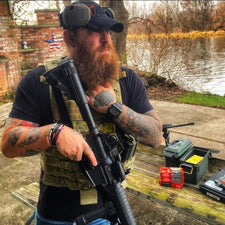
Richard Calvette
Firearms Expert, Urban Carry Holsters
I've been with Urban Carry Holsters since 2020, proudly serving as the Firearms Expert. Before that, I served 8 years in the United States Marine Corps, including a deployment to Iraq from 2009 to 2010. During my time in the Infantry as a Sergeant, I developed a deep interest in the wide range of firearms we used. It fascinated me to learn why specific weapons were chosen for different missions and roles.Breaking into the firearms industry wasn't easy, but persistence paid off. While attending a trade show, I discovered the Sonoran Desert Institute. That opportunity led me to earn an Associate of Science in Firearms Technology, along with certifications as a Pistol Expert and Range Safety Officer.My passion for firearms continues to grow every day. I'm always learning, always improving, and always striving to bring that knowledge and experience to the work we do here at Urban Carry.


